Can’t Stay Single? 11 Signs You Might Have a Love Addiction

Have you ever jumped from one relationship to another, feeling empty when you’re alone? For some people, being in love becomes more than just a nice feeling—it turns into something they can’t live without. Love addiction is real and can hurt your happiness and health. Let’s look at some signs that might show you’re addicted to love rather than just enjoying relationships.
1. Your relationships always move at lightning speed
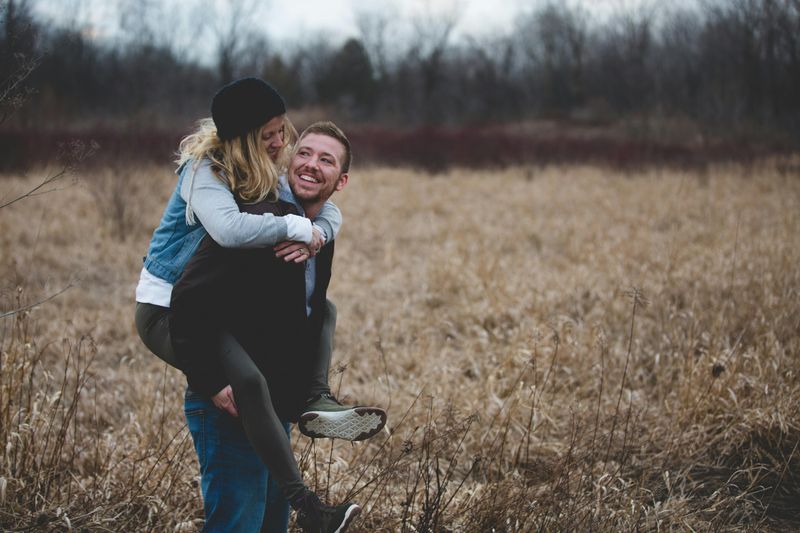
Monday: first date. Thursday: already planning vacations together. By next week, you’re discussing moving in. Your friends can’t keep track of how quickly your relationships progress from first kiss to practically married.
The rush of a new relationship feels like a drug you can’t get enough of. You skip the getting-to-know-you phase and dive straight into deep commitment, often before learning your partner’s middle name.
Past relationships follow this same pattern—intense beginnings that burn bright and fast. The slow, steady build of healthy relationships bores you because you crave that initial high of falling head-over-heels.
2. You constantly check your partner’s whereabouts

That location-sharing app on your phone? It’s always open. You find yourself refreshing it every few minutes when your partner is out, creating stories in your head about what they might be doing.
Text messages need immediate responses or your mind spirals into worst-case scenarios. This isn’t just normal concern—it’s an overwhelming need to know they haven’t abandoned you.
When they don’t answer right away, you feel physically sick with worry. This intense monitoring comes from fear of losing the relationship that gives your life meaning, not from genuine care about their well-being.
3. Your identity disappears in relationships

Remember that weekly pottery class you loved? Gone the moment your new partner mentioned they’d rather spend Saturday mornings together. Your favorite spicy food? Abandoned because they prefer milder flavors.
Friends often say they barely recognize you anymore. Your opinions, hobbies, and even your laugh seem to change depending on who you’re dating.
Each relationship transforms you into a different person—one who perfectly mirrors your partner’s interests and needs. The real you has become so buried under layers of different relationships that you’re not sure who you’d be if left on your own.
4. You’ve never been single for more than a few weeks
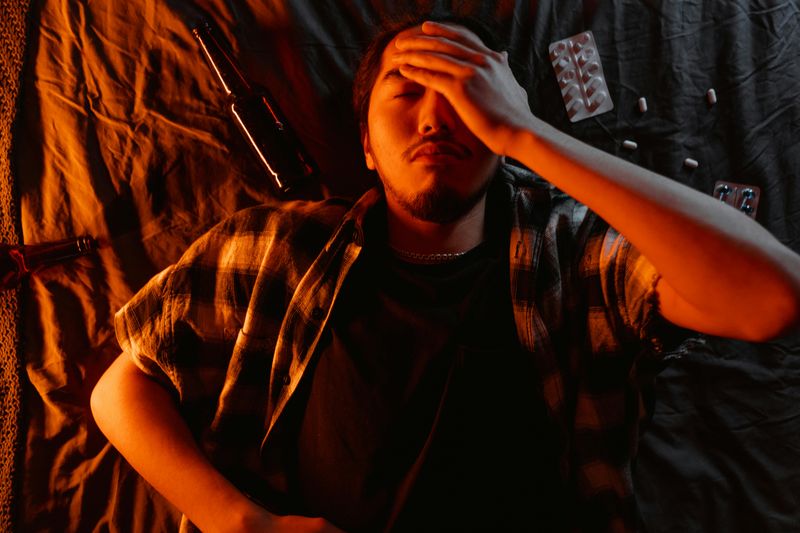
Your relationship history reads like a continuous novel rather than separate stories. The gap between breaking up with one person and dating another typically lasts days, not months or years.
Friends joke that you have a revolving door policy when it comes to partners. What they don’t see is the frantic swiping on dating apps that begins the moment a relationship ends.
The longest you’ve been single since high school was that month when you had mono and were too sick to date. Being unattached feels like missing a vital organ—physically uncomfortable and somehow wrong, driving you to fill that emptiness immediately.
5. You mistake intensity for intimacy
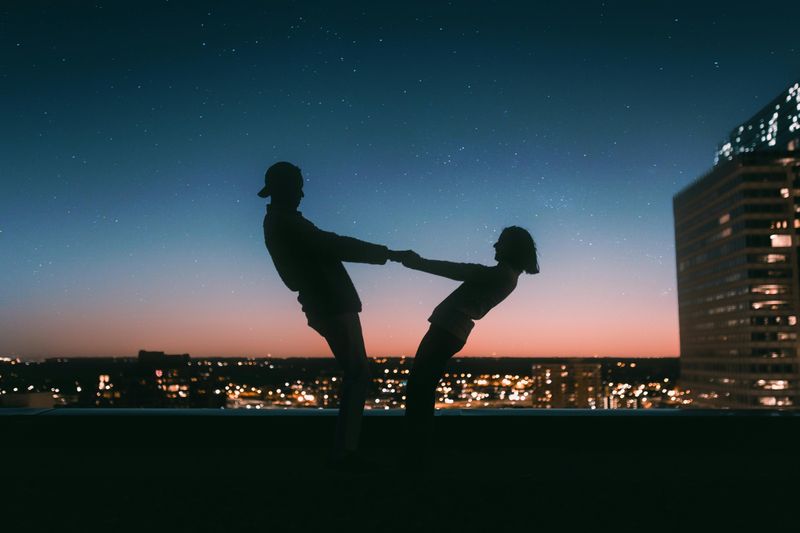
You mistake emotional highs and lows for true intimacy—believing that the drama, the intense arguments, and the rushed declarations of love are signs of a deep connection.
Calm, stable relationships bore you to tears. Without that heart-racing tension and extreme highs and lows, you assume something must be wrong or that the spark is missing.
Past partners have described you as ‘a lot’ or ‘exhausting.’ What they experienced as emotional chaos, you saw as passion. Real intimacy—the slow-building trust and comfortable silences—seems flat compared to the fireworks you crave.
6. Your self-worth depends on having a partner
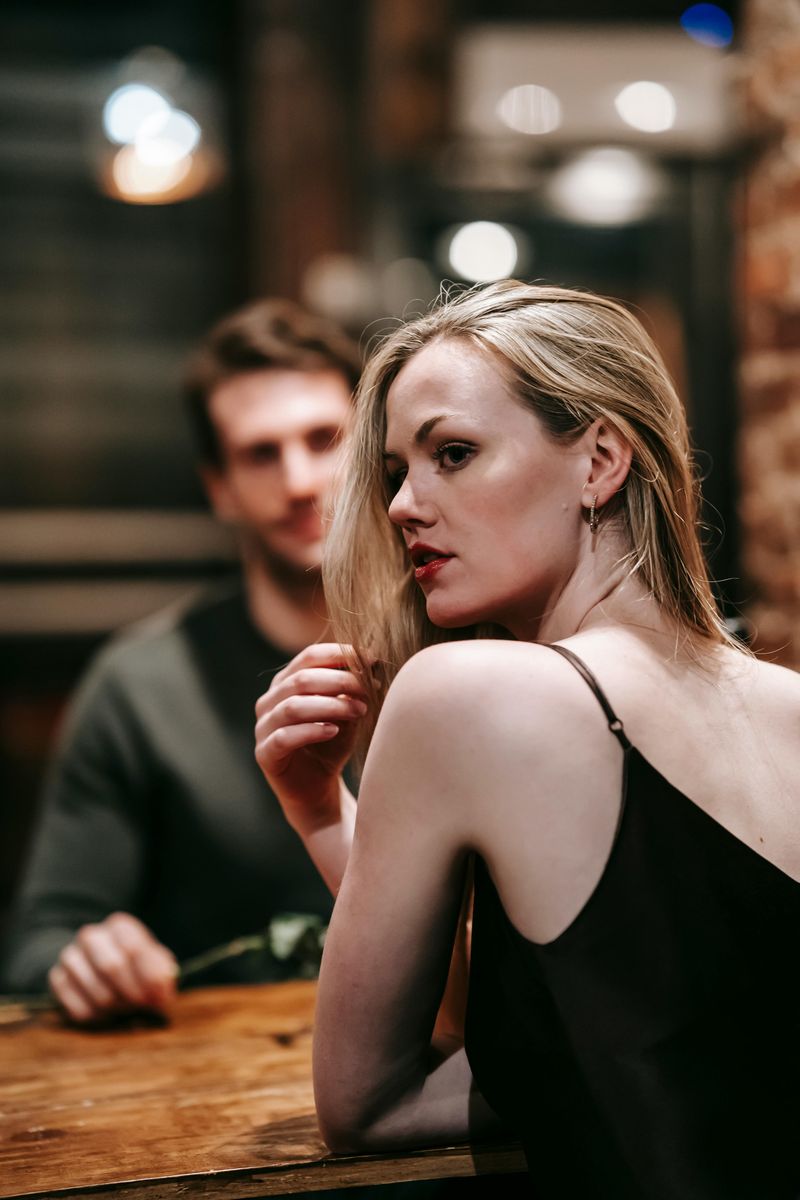
Getting dumped feels like having your value as a human being revoked. The rejection cuts deeper than normal disappointment—it feels like proof you’re unlovable and worthless.
Compliments from friends mean little compared to validation from a romantic partner. Your mood rises and falls based entirely on your relationship status and how your partner treats you that day.
Being introduced as someone’s girlfriend or boyfriend gives you a rush of pride and belonging. Without that label, social events feel unbearable, as if everyone can see you’ve failed at the one thing that would make you complete.
7. You panic at the thought of being alone
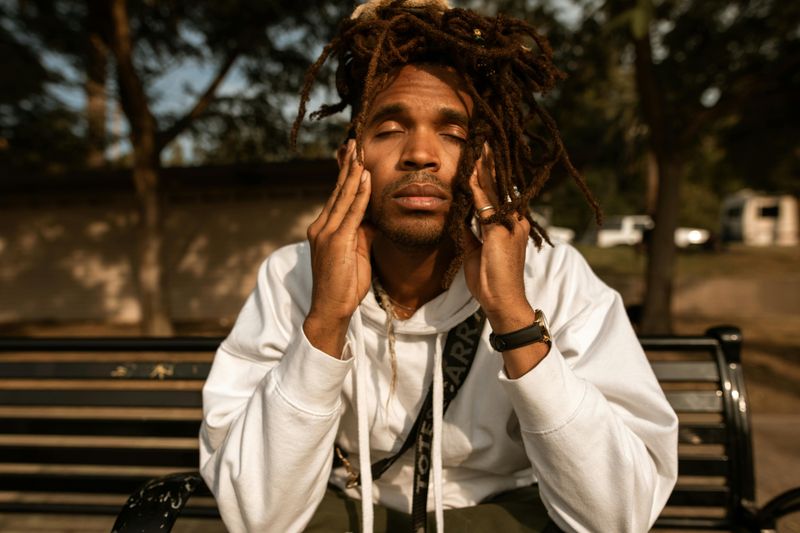
The mere idea of spending a weekend without a partner sends you into a tailspin of anxiety. Your breathing quickens, your mind races, and suddenly you’re texting that ex who was definitely bad news.
Being by yourself feels like punishment rather than an opportunity for growth. You’ll accept almost any relationship—even unhealthy ones—just to avoid facing yourself in the mirror alone.
Friends notice you’re never without a partner for more than a few weeks, but you brush off their concerns with jokes about your ‘great personality’ when really, it’s fear driving your choices.
8. You ignore red flags to preserve relationships
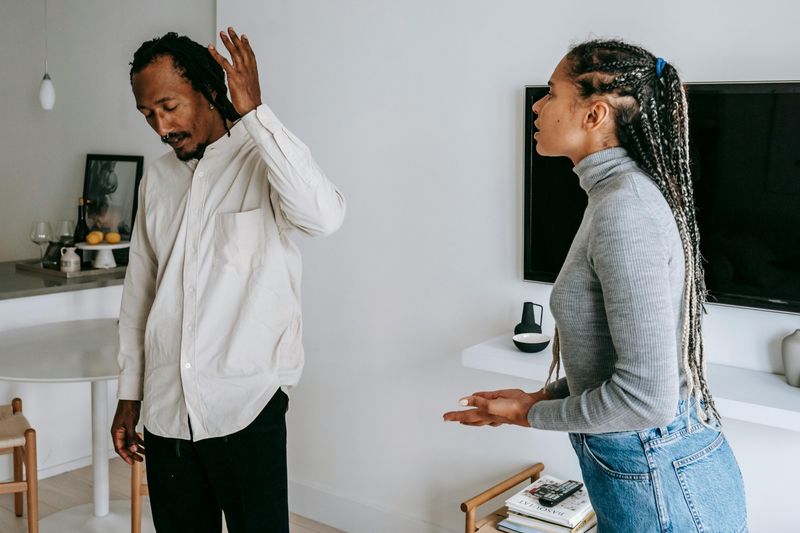
Friends point out concerning behaviors in your partner, but you’ve become an expert at making excuses. Those angry outbursts? Just passion. Their controlling behavior? They just care a lot.
Deep down, you notice these warning signs too. Yet the thought of confronting issues feels more terrifying than pretending everything’s fine.
Your dating history shows a pattern of accepting increasingly problematic behavior just to maintain relationships. The fear of being alone outweighs the real danger of staying with someone who treats you poorly, creating a downward spiral where each relationship becomes more damaging than the last.
9. Your fantasies about love are unrealistic

The ideal partner in your head—someone who completes you and knows what you need without being told—isn’t reality. Love doesn’t work like a script.
Romantic movies and songs aren’t just entertainment—they’re instruction manuals for how love should feel. When real relationships involve compromise and occasional boredom, you wonder what’s wrong.
You speak about soulmates and destiny with complete conviction. The idea that healthy love requires work, boundaries, and accepting imperfections seems like settling for less than the magical connection you’re certain exists somewhere with someone.
10. You use relationships to escape other problems

Career troubles? Family stress? Financial worries? A new relationship makes all those problems magically disappear—at least temporarily. New love becomes your favorite painkiller.
When things get tough in life, you find yourself seeking romantic attention rather than addressing the actual issues. The dopamine rush of new romance provides the perfect distraction from responsibilities and inner work.
Friends notice your pattern of diving into intense relationships whenever you face challenges in other areas. What looks like bad timing is actually your unconscious strategy for emotional survival—using love as an escape hatch from the parts of life you don’t want to face.
11. You feel physically ill when relationships end

Breakups hit you harder than most people. While friends bounce back after a few weeks of ice cream and sad movies, you experience physical symptoms that feel like withdrawal—insomnia, loss of appetite, even shaking.
The end of relationships triggers panic attacks or depression that seems completely out of proportion. What others see as a normal part of dating life feels like having your life support unplugged.
Even ending unhealthy relationships causes this intense reaction. Your body and brain have become so dependent on the chemical rush of romantic connection that being without it creates genuine withdrawal symptoms, similar to what happens with substance addictions.

Comments
Loading…